Reaching my Potential: women inspiring the future of aviation
Earlier this year, as part of the UK Research and Innovation Future Flight Challenge, Innovate UK launched an exciting new mentoring scheme to support women working across the aviation sector.
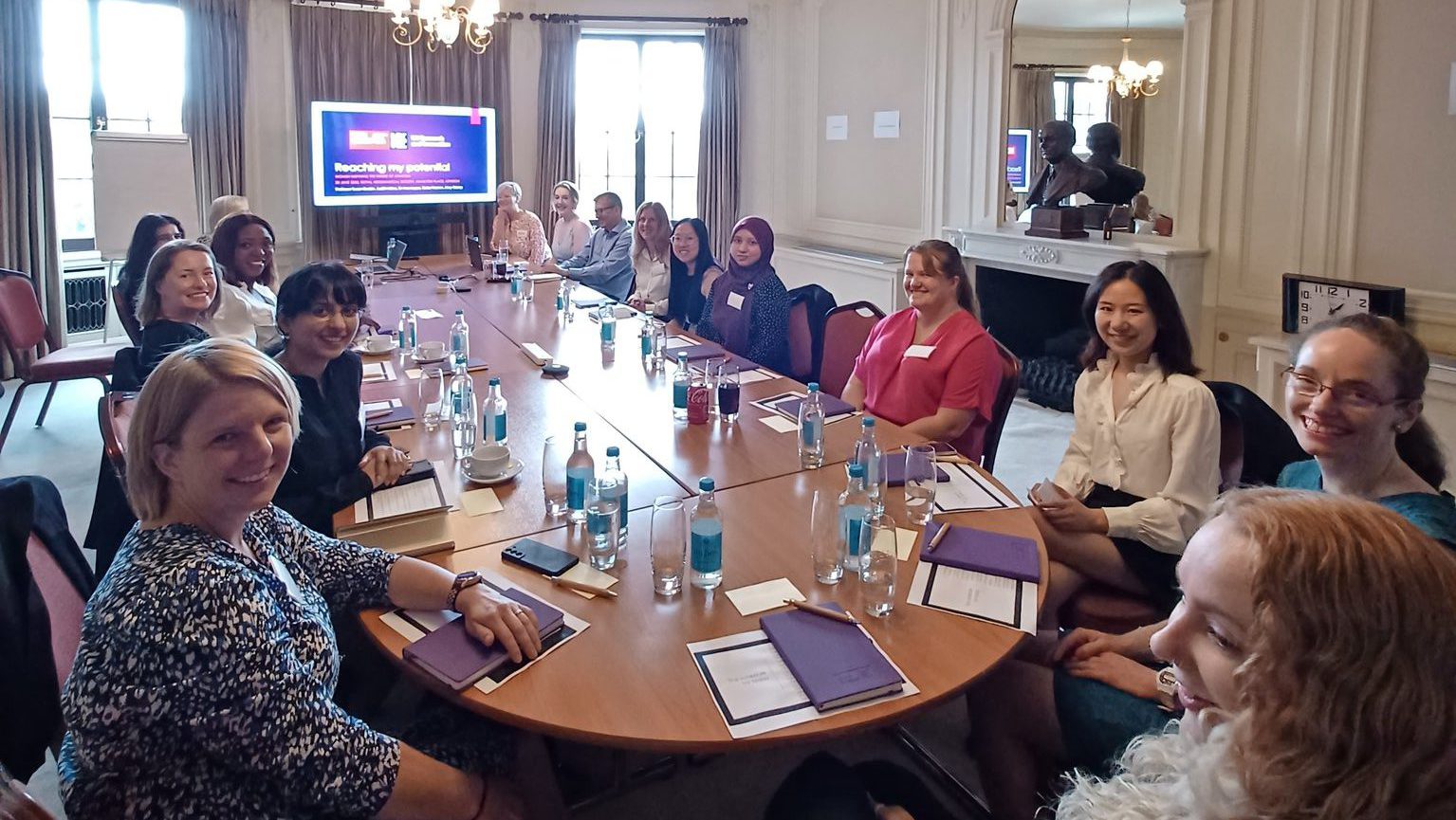
The scheme supports mentees in developing and achieving their career goals and will involve:
- Workshops with mentees to understand their career goals and aspirations.
- A bespoke needs analysis for each participant to understand the support they need for their career.
- Learning more about the challenges for women working in aviation.
- Sharing insights on how to build a career and the role that mentoring support can play in this.
When the Reaching my Potential scheme was first announced, we shared the stories of mentees participating in the scheme. This month, we’ll learn about more of the mentees taking part.
Participant stories:
-
Beginning her career with Gulf Air, Helen worked as a Customer Service Representative and Flight Control Officer, before becoming Airport Duty Manager for the airline’s operations at London Heathrow. She later joined Saudia, conducting training and project management in ground operations across Europe, North America, Middle East and Far East for hospitality and leadership, before joining the Aerospace Technology Institute as their Airline Operations and Requirements Specialist. Now at the CAA, Helen specialises in zero emissions flight.
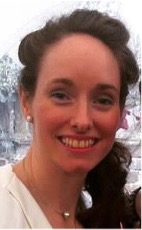
Being part of the Reaching my Potential mentoring scheme enables me to engage with like-minded women forging a career path in the aerospace and aviation sector. This sector is gradually moving to a more diverse working environment where women can apply for and succeed in a variety of roles as managers, pilots, engineers, and CEOs. During the scheme I am looking to increase my knowledge of net zero technologies that will play a vital role in the industry reaching net zero and inspire the next generation that there is an active and important role that they can play in aviation.
-
Maxine has been involved in the aerospace industry for over 20 years, after studying Mathematics and Fluid Power. Now a Senior Advanced Systems Engineer at Honeywell Aerospace, Maxine specialises in steady-state modelling, life support and environmental control systems, and dynamic modelling.
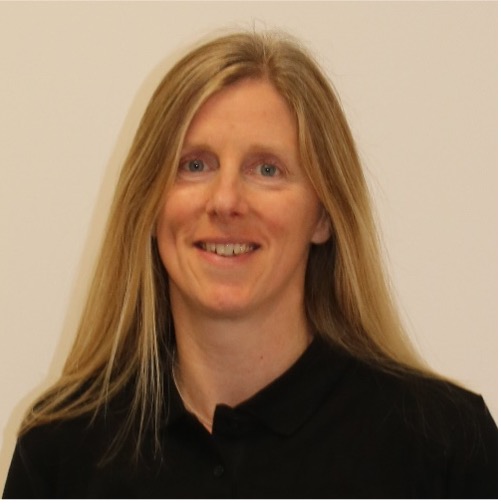
For most of my career I have worked as a Performance Engineer, analysing the performance of both aircraft components and systems. It would be great to see more women at a senior level in aerospace. I decided to join the Reaching my Potential mentoring scheme to further explore how I fit in the aerospace industry and to find how best to improve my skill set to ensure I really do reach my potential.
-
Helen Murray holds a PhD from the Michigan Technological University and an MSc from the University of Bristol. She is a qualified Project and Program manager (PRINCE2, Agile, MSP) and Scrum Master, with over eight years’ experience in the field. Working with technology-led start- and scale-ups in areas such as Artificial Intelligence, Machine Learning, and Software-as-a-Service, she has successfully delivered several multi-million-pound projects and developed and led on strategic innovation programs at the interface of academia and industry.
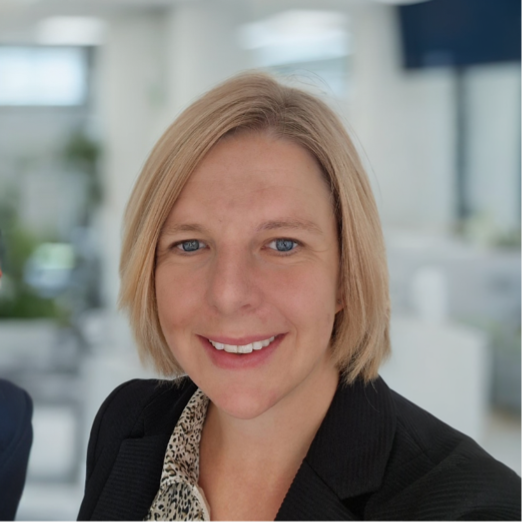
As a woman aspiring to excel in this male-dominated industry, I believe in the power of mentorship to uplift and inspire. The scheme presents a valuable opportunity to connect with experienced professionals, gain insights and build a strong network. I hope to benefit from their guidance, learn from their experiences and develop the skills necessary to overcome barriers and succeed. By actively participating in this scheme, I aim to contribute to a more inclusive and diverse industry and help to create a more equitable industry where women thrive, contributing their unique perspectives and talents to shape the future of aviation.
-
Ruifan received a B.E. degree in Detection, Guidance and Control from the Northwestern Polytechnical University in China, before completing an M.S. degree in Navigation, Guidance and Control in 2018. She is now a postdoctoral researcher at Cranfield University, with interests in unmanned aerial vehicles (UAV) and artificial intelligence. She is currently working on the Future Flight Challenge-funded Project HADO and exploring intelligent solutions for multi-UAV mission planning in high-density environments.
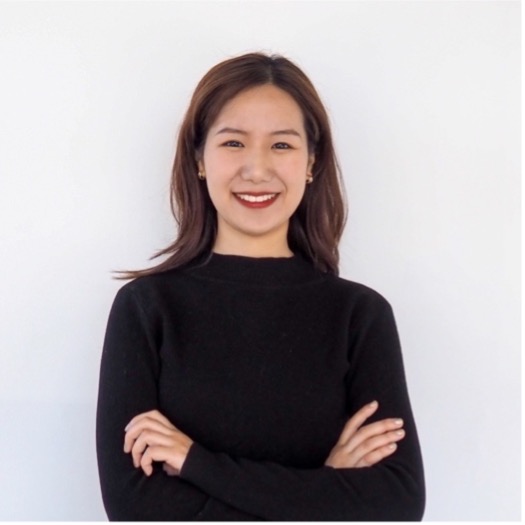
Engaging in the Reaching My Potential mentoring scheme offers me a great opportunity to connect with fellow participants in Future Flight. It has been an enriching experience, meeting with people from diverse industries but united with one same purpose – pushing the boundaries of the future aviation. The anticipation of connecting with remarkable female engineers is what I am most eagerly awaiting. Their images motivate me to envision and picture the future of myself.
-
Kaine studied Architecture at university, achieving a BSc from the University of Nigeria before going on to complete an MSc, also in Architecture, at the University of Lincoln. She spent over six years at Network Rail, first as an Assistant Building & Civils Engineer ensuring projects met the appropriate standards and developing best practice guidance, before later acting as an inclusive design expert, leading design assessments and undertaking building audits to improve building accessibility. She has continued as an expert in this area, now at the Connected Places Catapult where she leads work enabling the delivery of inclusive services, products and systems across the transport sector and built environment.

Participating in the ‘Reaching my Potential’ mentoring scheme as part of the Future Flight Challenge offers numerous benefits for women seeking to maximize their potential. I believe that this transformative program provides a unique opportunity to be guided and supported by experienced mentors who offer valuable insights and guidance. From the kick off workshop in June, it is evident that through the mentoring relationship, participants can gain valuable knowledge, skills, and perspectives that can enhance personal and professional growth. The scheme fosters confidence, unlocks untapped potential, and equips individuals with the tools needed to overcome challenges and achieve their goals. Engaging in this mentoring scheme opens doors to networking opportunities, expands horizons, and empowers participants to reach new heights in their careers within and beyond the exciting field of Future Flight.
About Reaching my Potential
Funded by UK Research and Innovation, the Reaching my Potential scheme launched in June 2023 and will run until September 2024. It is designed and delivered by Professor Sue Durbin (Professor in Human Resource Management, University of the West of England), supported by Stella Warren (Research Fellow at the Bristol Leadership and Change Centre, University of the West of England) and Dr Ana Lopes (Senior Lecturer in Work and Employment, Newcastle University Business School. The programme will be further supported by and aviation expert Judith Little, a founding partner of the alta mentoring platform, and Amy Camp (Innovation Lead on the Future Flight Challenge, Innovate UK).
About the Future Flight Challenge
The UK Research and Innovation Future Flight Challenge is a £300 million programme, co-funded by government and industry, that is supporting the creation of the aviation ecosystem needed to accelerate the introduction of advanced air mobility (AAM), drones, and electric sub-regional aircraft in the UK.
Delivered by Innovate UK and the Economic and Social Research Council, the programme works with industry, academia, government, and regulators to transform how we connect people, transport goods, and deliver services in a sustainable way that provides socio-economic benefits using new types of air vehicles with novel technologies.
Appear on the Innovate UK Future Flight Landscape Map, the only comprehensive network of future flight academics, companies, end users, and investors.
Innovate UK KTN is a delivery partner of the UK Research and Innovation Future Flight Challenge.
Related programme
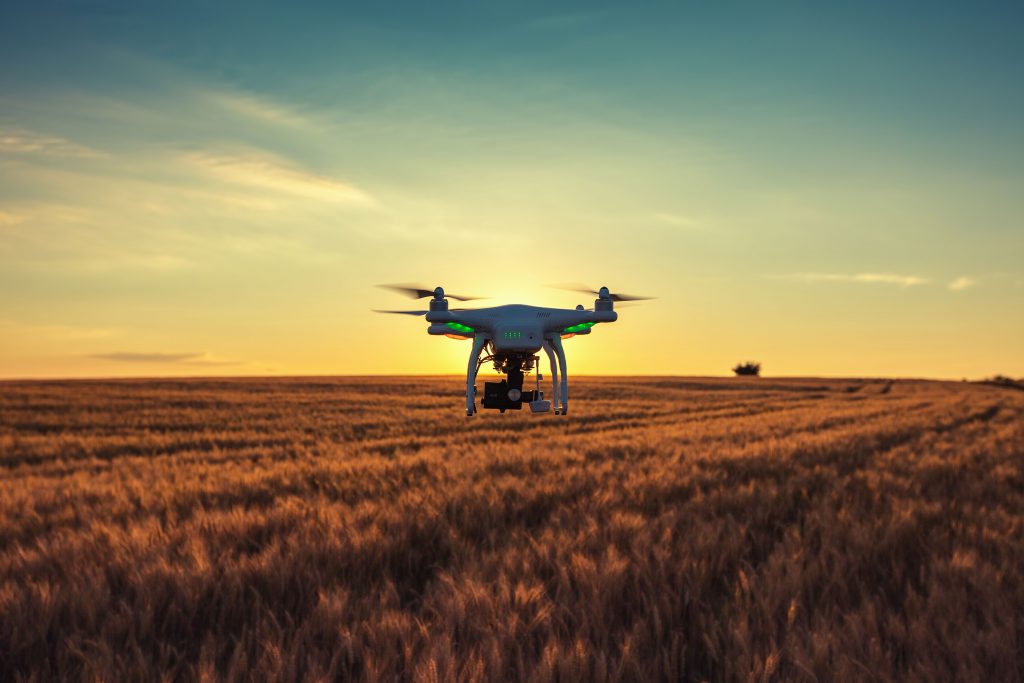
Future Flight Challenge
Building the aviation ecosystem needed to speed up the introduction of electric sub-regional aircraft, advanced air mobility vehicles and drones into the UK.

